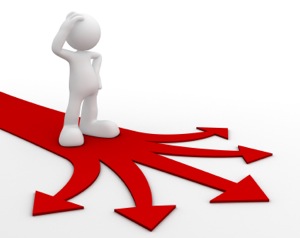I read yesterday an interesting ebook on teaching testing skills written by Rikard Edgren.
The ebook can be found on the testhuddle.com site(site registration is required for download):
http://testhuddle.com/resource/trying-to-teach-testing-skills-and-judgement-ebook/
It describes Rikard's efforts on creating courses over 2 years for teaching testing to people that just graduated university.
I have selected from the book a few details that are useful for new testers:
Things that a new tester should learn about
> Asking the right questions
> Critical thinking
> Understanding what is important
> Rapid learning
> Seeing many perspective and test ideas
> Selecting effective test strategies
> Capturing serendipity
> Realizing when testing is good enough
Books that a new tester should read
> Lessons Learned in Software Testing – Cem Kaner, James Bach, Bret Pettichord
> Essential Test Design – Torbjörn Ryber
> Exploring Requirements – Daniel Gause, Jerry Weinberg
> Explore It! – Elisabeth Hendrickson
Testing Fundamentals
> Introduction to testing
> Think like a tester
> Test Strategy
> Exploratory and scripted testing
> Test design techniques I (function testing, domain testing, specification-based testing)
> Test design techniques II (risk-based testing, scenario testing)
> Bug reporting
The ebook can be found on the testhuddle.com site(site registration is required for download):
http://testhuddle.com/resource/trying-to-teach-testing-skills-and-judgement-ebook/
It describes Rikard's efforts on creating courses over 2 years for teaching testing to people that just graduated university.
I have selected from the book a few details that are useful for new testers:
Things that a new tester should learn about
> Asking the right questions
> Critical thinking
> Understanding what is important
> Rapid learning
> Seeing many perspective and test ideas
> Selecting effective test strategies
> Capturing serendipity
> Realizing when testing is good enough
Books that a new tester should read
> Lessons Learned in Software Testing – Cem Kaner, James Bach, Bret Pettichord
> Essential Test Design – Torbjörn Ryber
> Exploring Requirements – Daniel Gause, Jerry Weinberg
> Explore It! – Elisabeth Hendrickson
Testing Fundamentals
> Introduction to testing
> Think like a tester
> Test Strategy
> Exploratory and scripted testing
> Test design techniques I (function testing, domain testing, specification-based testing)
> Test design techniques II (risk-based testing, scenario testing)
> Bug reporting



